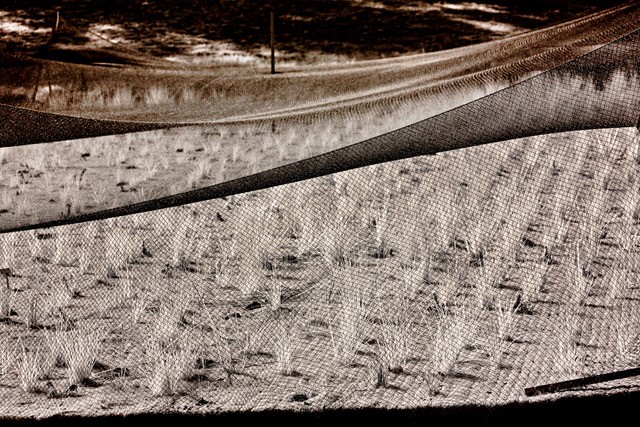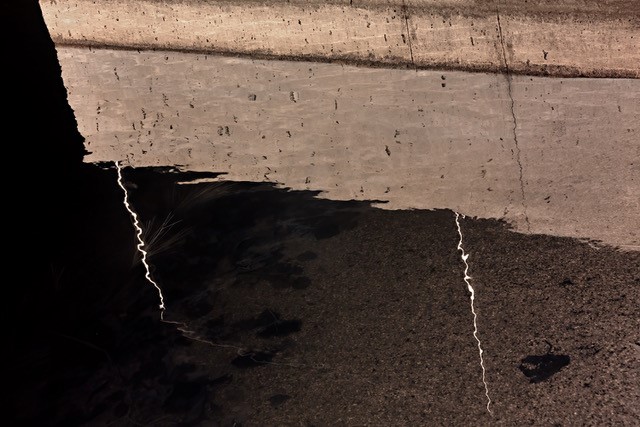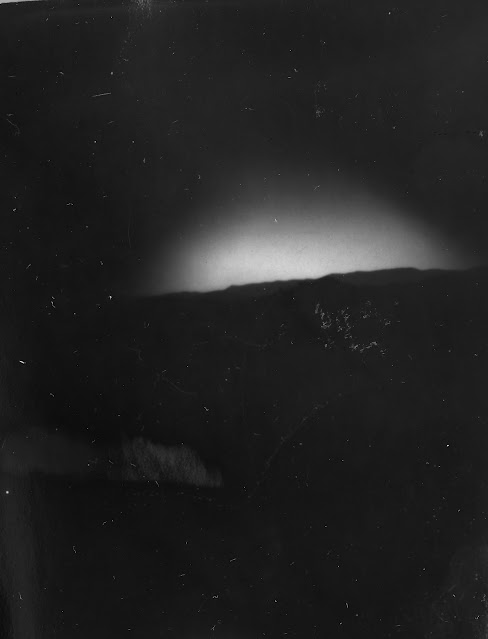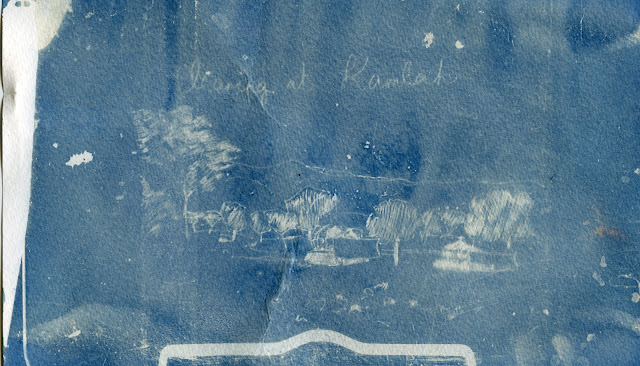Photography | Brian Rope
A Lens on the
Lake | Andrea Bryant
Kambah |
Louise Curham
Tuggeranong
Arts Centre | 20 Jan – 24 Mar 2023
These two separate exhibitions are both outcomes of explorations by their respective artists.
A Lens on the Lake is a series of abstracted moments Andrea Bryant has gathered whilst exploring life around Lake Tuggeranong. Shot predominantly with an infrared converted digital camera, the surreal scenes are part of a broader project focusing on the health of Canberra waterways and their direct environments.
Kambah, by Louise Curham, is also part of a larger project that is ongoing.
She is interested in the history of
Kambah and is making an online digital Kambah People’s Map. As she develops the
map, Curham will include images and stories shared with her during public
programs at the arts centre whilst the exhibitions are on display. Bryant is
also conducting a workshop. Details of those events can be found at https://www.tuggeranongarts.com/whats-on/.
Bryant completed a Diploma in Photography and Photographic Imaging in 2019 at the Canberra Institute of Technology. Her practice focuses on the use of abstraction. Working primarily with black and white photography, she juxtaposes disregarded things with the natural world – thus reflecting on our penchant for destroying the environment.
Here Bryant shows us thirty-six framed fine art prints. Whilst most are black and white, a small number are vibrantly coloured. The images were developed over several years from meditative walks at Lake Tuggeranong, prompted by copious amounts of rubbish discarded in the area.
Amongst the subjects for Bryant’s camera are, inevitably, a shopping trolley and graffiti. But there is also the floating wetland’s structure, people relaxing, fishing gear, filaments, the skatepark, and a black swan. There are even images of Einstein and his “intelligent eye”.
 |
| Relaxing 1 © Andrea Bryant |
 |
| Relaxing 2 © Andrea Bryant |
 |
| Filaments © Andrea Bryant |
 |
| Mimis © Andrea Bryant |
Each walk taken uncovered new debris, different structures and diverse wildlife that Bryant has transformed through artistic use of infrared to shift the commonplace in a way that stirs curiosity. Largely stripped of context, the artist invites us to reconsider our relationship to what have become mysterious or puzzling forms within the landscape.
 |
| Floating Wetlands, 2021 © Andrea Bryant |
 |
| Schism © Andrea Bryant |
Tension
between unpleasant dumped objects and the beauty found in their forms is
intriguing. Bryant’s reframing draws us to reconsider how we move through our
environment and the actions we take to pollute or restore it.
This artist is to be congratulated on this, her first solo show, and on the messages she has successfully conveyed.
Curham uses art, and archivist expertise, to explore how we can look after
things we can’t digitise. She invites people to think about the wisdom accompanying
things they want to keep and how it can be passed on. She focuses on old media
and the lessons that can be learned from it.
Kambah, a suburb of Canberra first settled in 1974, was not designed according to the 'neighbourhood' philosophy guiding suburban design and is the largest in Canberra. It took its name from the once prosperous Kambah sheep and cattle farm. The property was sub-divided; Village Creek waterway went underground. Seeking to build community, Curham invites residents, alumni and visitors to select the contents of an archive about Kambah.
The exhibition displays a digital map built from the community’s answers to the question ‘what do you know about Kambah that you think is important to share with others?’ Alongside the map is a series of images of Kambah made using pinhole and cyanotype photography. Both processes have created very literal but diverse portraits of Kambah.
 |
| Kambah people's map digital map - © Louise Curham |
 |
| Urambi20 - © Louise Curham |
 |
| Pinhole06 - © Louise Curham |
The subjects include the historic Urambi Woolshed, the IGA, a bike, casuarinas, dusk (towards the Brindabellas) and cleared woodlands. It all makes for an intriguing show that gallery visitors should spend time with, especially Kambah residents.
 |
| Woolshed - © Louise Curham |
 |
| IGA from Boddington - © Louise Curham |
 |
| Clearing at Kambah - © Louise Curham |
This review was first published online on 9.2.23 by The Canberra Times here and then in the printed paper on 13.2.23. It is also available on the author's blog here.